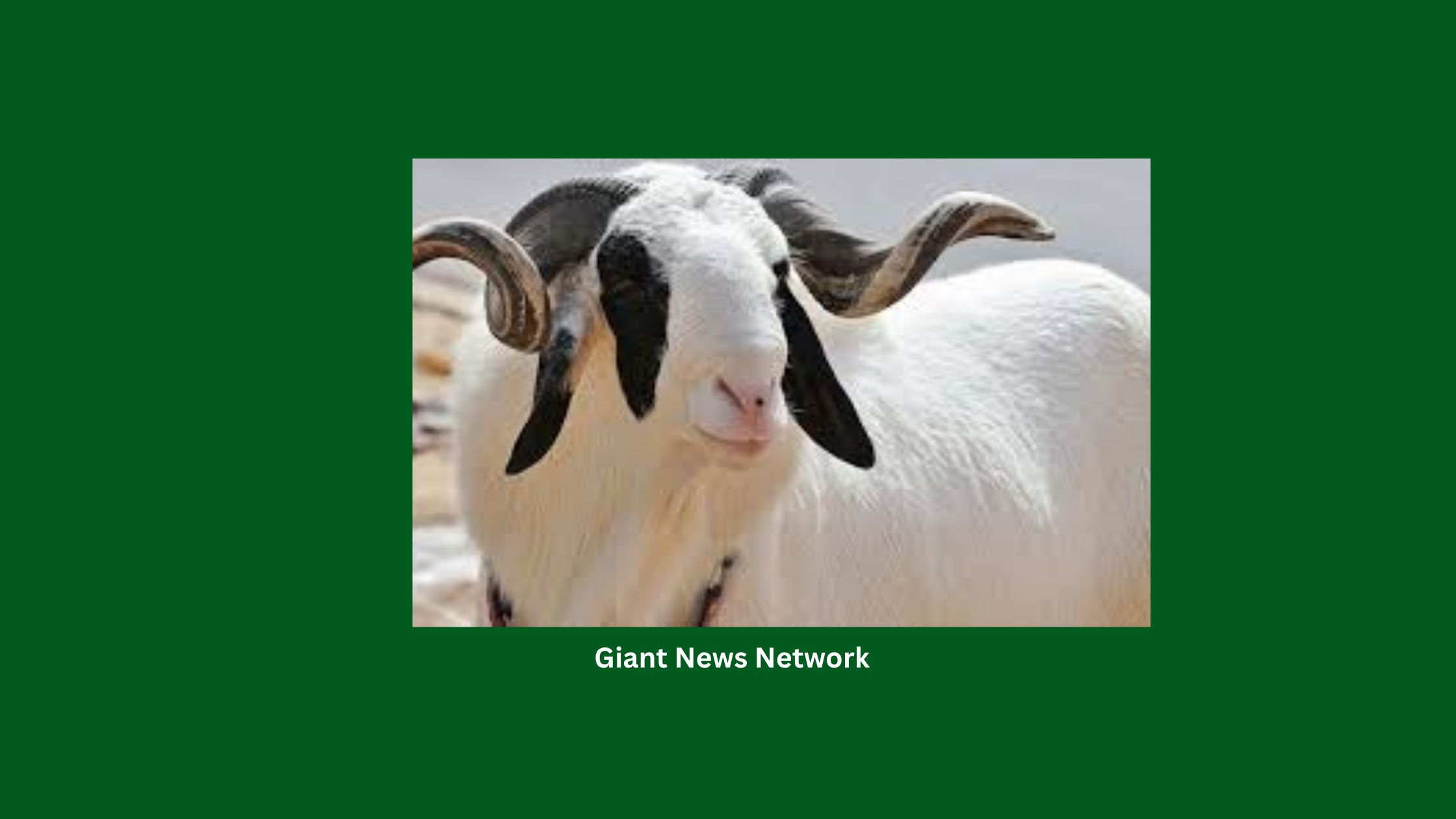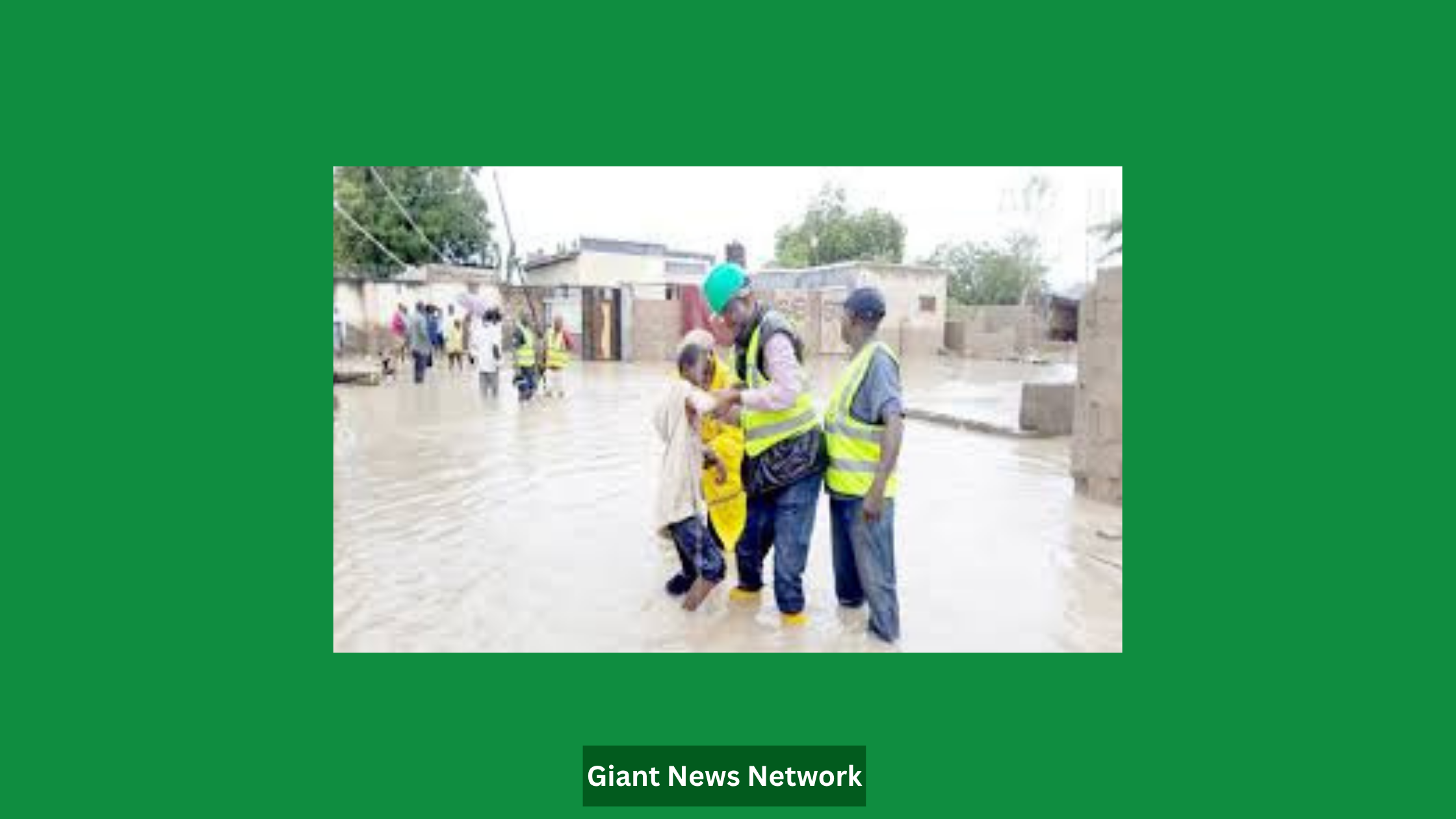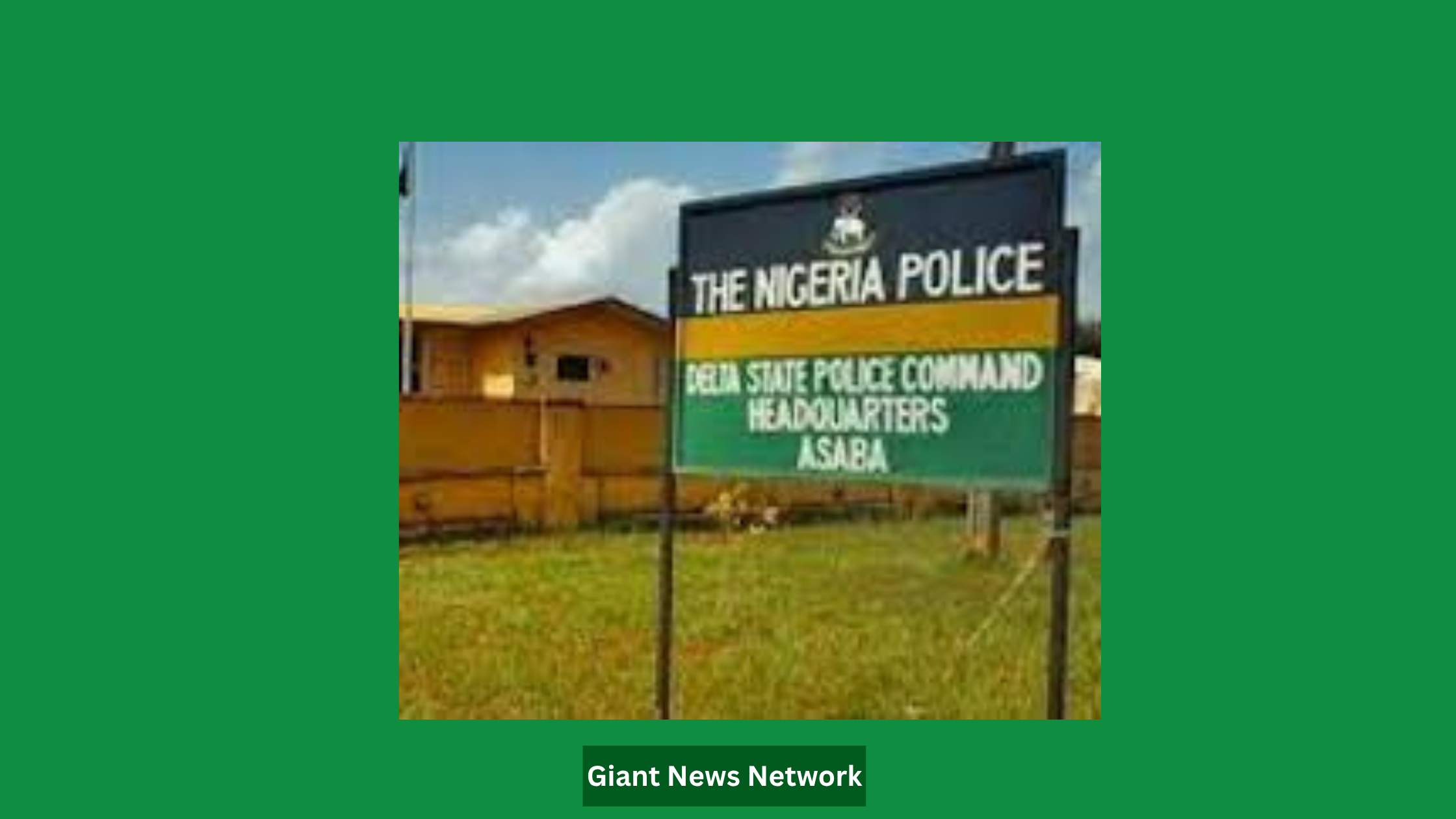As the countdown to Eid-El-Kabir begins, ram traders across major markets in Ogun and Lagos States are groaning under the weight of low patronage. Despite having stockpiles of rams ready for sale, buyers are staying away — and the reason is simple: prices have gone through the roof.
In a survey conducted across Ibafo, Kara, and the bustling Agege abattoir, traders told a shared story of hope turning into worry. Sales, which usually peak at this time of year, have taken a sharp nosedive compared to 2024.
At the Ibafo market in Ogun State, a visibly disheartened trader, Rabiu Abubakar, expressed his frustration.
“If you had come here this same time last year, this place go dey jam with people. Now? We just dey sit dey look,” he said. According to him, a ram that went for ₦150,000 to ₦180,000 in 2024 is now priced at ₦250,000 to ₦280,000. “We no fit buy from Arewa at high price and come loss here,” he explained. That’s a 55.5% increase — and customers are not smiling.
Another trader, Sabo Sheu, blamed the surge on skyrocketing transport costs from Northern Nigeria to the South-West.
“The cost of bringing rams from up North don nearly double. Even customers dey complain well well,” he said, gesturing toward empty stalls.
At Agege abattoir in Lagos — usually one of the busiest spots for festive meat shopping — the story wasn’t any different. A PUNCH correspondent observed mostly empty stalls and tired traders waiting for customers who never came.
Olalere Oriyomi, a longtime seller in the market, lamented the ₦100,000 price jump in some ram categories. “Ram wey we sell ₦350,000 last year now dey go for ₦500,000. Who wan buy that one in this economy?” he asked.
Abu Muhammed, another seller in the market, said animal feed prices also played a role. “Even to feed the rams before we sell them don turn wahala. Prices of feed don rise, and we must recover the money.”
One unnamed trader summed it up bluntly:
“People dey buy out of compulsion — no be say dem get money. For many Muslims, na tradition to kill ram, so dem just go manage buy the one wey dem fit afford.”
At Kara market along the Lagos-Ibadan expressway, Idris Ishera painted an even grimmer picture.
“Rams dey plenty this year, but na only rams wey full, market no full. People no get money,” he said. According to him, the cheapest ram now starts at ₦250,000, while the most expensive goes up to ₦1 million.
“Last year we get ₦150,000 rams. This year? Forget am. E no dey.”
With just days to go before Sallah, traders are worried they may be left with unsold livestock and heavy losses. The spike in ram prices — driven by transport costs, feed inflation, and general economic hardship — has turned a season of joy into one of uncertainty. Unless things change fast, many tables may be without rams this Eid, and many traders may be left in the red.
As Sallah approaches, it remains to be seen if last-minute rushes will save these sellers from major losses — or if this year will mark one of the lowest market turnouts in recent history.















